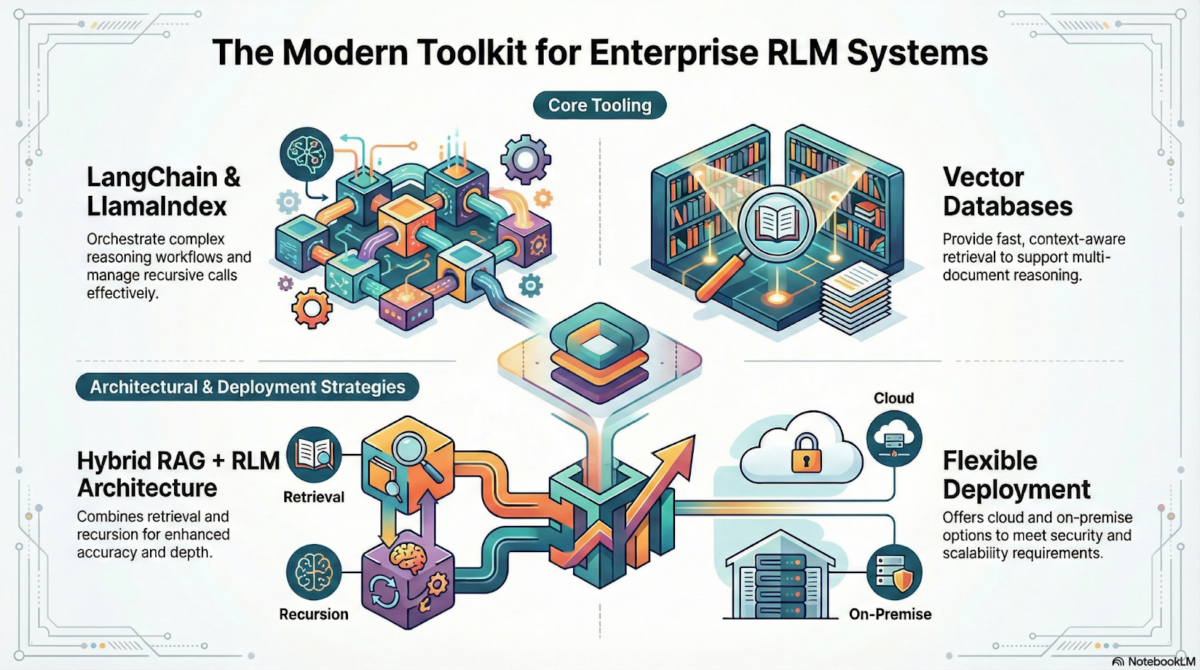In this fast-paced economic race, entrepreneurs are developing new ideas and trying their best to execute their innovative ideas to capture the desired segment of the market by providing quality products. Therefore, if you are one of them and want to enhance your digital presence in the most competitive world by initiating your own small-scale or large-scale startup, you must prepare yourself for a challenging environment to sustain and scale your business.
One idea in a million is skyrocketing in the business. Otherwise, you must have competent ideas and know the art of shaping the future of your successful business with a calculated start-up success rate.
However, there are examples of many successful startups in technology, healthcare, the food industry, and many others. There are several states in the US where a startup’s success rate is high compared to other regions—the reason being better business opportunities, friendly policies, and support.
This article resonates with that entrepreneurial mindset that wants to accept the market challenges with scalable confidence to make an impact with well-crafted, valuable products. We are discussing the major factors to speed up the startup success rate and avoid some essential factors to stay ahead of your competitors and failure the risk.
Brief Understanding of Startup Success Rate
The success of a startup is dependent on several factors. It mainly depends on a company’s goals and measurable outcomes. Some people might analyze success based on profitability, revenue growth, market share acquired, or the ability to expand. On the other hand, success can also be measured based on brand reputation, customer satisfaction, and innovation.
Apart from financial success, a startup can be deemed successful based on its sustainability. Most of the startups fail in the 1st year of its creation. So, if a startup has aged and still has the potential to run successfully in the future. Then, it can be termed as a successful startup.
Factors affecting the success rate of a startup
For a startup to be successful, several factors play a role. The entrepreneur can control some of these factors, while others depend on the country’s market and economy. We have discussed some of the common factors that affect the success of a startup.
1- Product Offered
A startup’s product or service is the critical factor for its success. For a product or service to be successful, it should be in high demand. Before launching a product or a service, detailed market research should be carried out to analyze its demand, price, targeted customers, and future trends.
Today’s tech has a higher startup success rate than other startups like food or retail businesses. One of the reasons behind their success is the innovation they offer.
Suppose your product or service provides some kind of innovation that addresses a market gap. Then people tend to buy it more.
2- Market Trend
The future trend in terms of market demand must be increasing. Suppose a new startup is offering a service that has already been in the market for a considerable time. In that case, the demand for the product can be reduced.
On the other hand, if someone is offering a service, the existing competition in the market should be analyzed. Suppose many people already provide the same service, and competition is high. In that case, the chances of success can be reduced.
3- Funding and Financial Management
Finances play an essential role in the success of a startup, from product testing, product development, and marketing to the fixed running cost of the business. It is necessary to have enough finances.
Many startups fail due to their inability to gather finances or poor financial management. Usually, startups don’t have enough finances while embarking on their journey, or if they do, the poor management of money makes them bankrupt in the first year of their operations. Good financial planning can help increase the startup success rate.
4- The Founding Team
The startup success rate is also dependent on the founding team. Suppose a startup has an experienced team with prior working experience in that domain. They already have valuable knowledge of how things work in that domain, and they can forecast the challenges they face beforehand.
Similarly, suppose the team has people from different domains like marketing, finance, tech, supply chain, and business development. In that case, they can help each other create effective strategies for their business’s growth.
Leadership is also crucial for a startup. The founder should have good decision-making abilities, be good at handling pressure, have good problem-solving skills, and be able to lead the team toward a clear goal.
5- Market Conditions
The market conditions or the overall environment in which a startup functions are also essential factors. If the overall market conditions are not supportive, then the chances of a startup’s success are reduced.
For example, if the overall market conditions are favorable, it’s easier for people to meet their daily necessities. Suppose a startup wants to launch a luxury item in the market. In that case, the tendency of sales will decrease as people are already struggling for their basic needs.
6- Customer Acquisition and Retention
A startup should have a solid plan for customer acquisition. The service or product must reach its target audience. The marketing strategy and budget should be properly planned and executed. Creating an accurate buyer persona and marketing funnels is essential in a new startup.
Customer retention is also necessary, as retaining an existing customer rather than acquiring a new one is always cost-effective. A new customer has to go through the entire marketing funnel before its conversion. On the other hand, if you have a returning customer who has already experienced your service or product, it will also help indirectly market your product through word of mouth. So, a proper plan for customer retention should also be in place.
Startup Success Statistics: What the Numbers Say
The startup success rate of startups is meager in this highly competitive era. According to the US Bureau of Statistics, the overall survival rate of a new startup is around 10% in its 1st year. This means that 90% of startups fail during the first year of their establishment.
The failure rates are higher for first-time founders, while the failure rates for second-time founders are reduced to 80%. It means a founder who previously failed in their startup has 10% more chances to succeed in their next startup.
Another astonishing fact about startups is that almost two-thirds never turn profitable in their entire life. As per LLC.org, 56% of startups fail due to their bad marketing strategies. These businesses shut down due to a lack of finances. However, the main reason for their low or no finances is marketing.
Area-wise Startup Success Rate – US
The figure taken from the US Bureau of Labor Statistics shows the 1st-year survival rate of the startups established from 1994 to 2022 in different areas of the United States.
In 2021, the Pacific region had the highest 1st-year startup survival rate of 84.6 Percent, which was reduced to 77.7% in 2022. This means that for 2022, 23.3% of the startups survived their first year, 6.9% less than the previous year in the same region.
The South Atlantic region 2008 saw the lowest survival rate of 71.4 %, the weakest of all areas during this period.
The top states that show the best startup success rate:
California
It has the best environment for new startup success rate during 2021 -2022 (trademarkengine.com), with a success rate of 86.8% for the first year and 55.25 for the five years (formed in 2017).
Washington
Washington scored the 2nd spot for the most 1-year survival rate for businesses during 2021 – 2022 with a survival rate of 83.2%. The 5-year business survival rate (2017 – 2022) was 55%.
Nevada
Nevada is 3rd in line for the US’s most 1-year startup success rate. It has a success rate of 81.5%, and for five years, it has a startup success rate of 48.5%.
Massachusetts
This state is Fourth in line for the most startup-friendly state for 2022, with a 1-year survival rate of 81% and a 55% survival rate for five years (Business formed in 2017). The 5-year success rate of Massachusetts is better than Nevada (48.5%).
The table and graph compare the top 10 states’ business survival statistics.
| Rank | State | 1-Year Survival Rate | 5-Year Survival Rate |
| 1 | California | 86.80% | 55.20% |
| 2 | Washington | 83.20% | 49.70% |
| 3 | Nevada | 81.50% | 48.70% |
| 4 | Massachusetts | 81.00% | 55.00% |
| 5 | Pennsylvania | 80.50% | 54.20% |
| 6 | Indiana | 80.40% | 53.30% |
| 7 | West Virginia | 80.00% | 55.00% |
| 8 | North Carolina | 78.80% | 53.90% |
| 9 | Illinois | 78.50% | 54.20% |
| 10 | Mississippi | 55.20% | 79.30% |
Startup Success Rates with Time
The graph shows the 10-year success rate of businesses across the US. It can be seen that the number of startups closed increases each year. Data is interpreted from the US Bureau of Labor Statistics. It can be seen that only 34% of businesses survive ten years in the US. There can be multiple factors associated with that massive number of business closures. However, the main issue is that the increasing business closures negatively impacts the economy.
Startup Success Rate – By Industry
The graph shows the startup success rate of startup businesses in the United States. The retail trade has the maximum 1-year success rate (87.1 %). The Transportation and Warehouse has the lowest 1st year success rate in the US.
Agriculture, Forestry, Fishing & Hunting have the highest success rate for five years and ten years, 65.2% and 50.5% respectively. Information technology has the lowest 5-year success rate (44.3%), and the Mining industry has the lowest 10-year success rate (24.5%).
Why Do Startups Fail?
There are many reasons for the failure of a business. The biggest reason for the failure of a company is the market demand. Around 42% of new businesses fail because of the market demand issue. This is because a product’s market is already too saturated for the new players, or the demand for that product has decreased over time.
The second most prominent cause of business failure is lack of cash. As stated earlier, startups that fail due to financial issues usually cannot plan their finances properly. They don’t forecast their financial needs and hence become unsustainable.
The third most prominent cause of failure is their inability to evolve with time. In the 21st century, technology is growing every day. To stay in the market, there is a need for continuous improvement in the product or service offered. A startup needs to improve its product or service or introduce new products as per the market demand. Otherwise, they have to face issues.
For example, Nokia and Kodak were the market leaders in their industry. Nokia didn’t introduce smartphones to the market promptly, which caused it to face huge losses. The same is the case with Kodak. They didn’t accept the evolution of cameras and evolved themselves. Hence, the market leaders of film production will no longer be present in the market.
Conclusion
Starting a successful business is a challenging task. The statistics show that many startups struggle to survive during their period of operation. Understanding why they fail can help future entrepreneurs improve their chances of success.
Some of the significant factors for the success or failure of a startup include offering the right product, managing finances well, and having a solid team. Although industries like tech and healthcare have higher success rates, no startup has a guarantee of success. It’s also important to know that failure isn’t the end. Many entrepreneurs learn from their mistakes and succeed in their second business venture.
New startups can learn valuable lessons by examining these success and failure rates and the reasons for them. They can plan their next move accordingly and make their business successful.
The path to success is always challenging; if you plan well, adapt to changes, and manage your resources smartly, you have a much better chance of creating a successful startup.
FAQs
Q. What percent of startups succeed?
The new startup success rate of around 10%, while those who are creating a startup second time have a success rate of 20%
Q. Can I create a successful, innovative business?
The answer is yes, but only if you do good market research, have a good idea of what you are offering, have an incredible team, and manage your money wisely.
Q. Which business has the highest success rate?
The retail trade has the maximum 1-year success rate (87.1 %). Agriculture, Forestry, Fishing & Hunting have the highest success rate for five and ten years.








